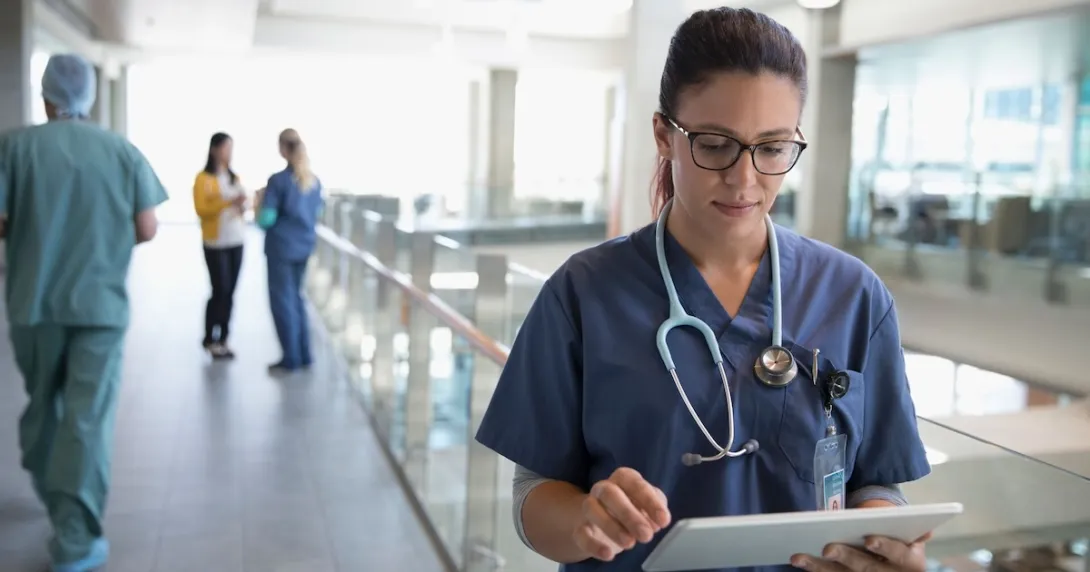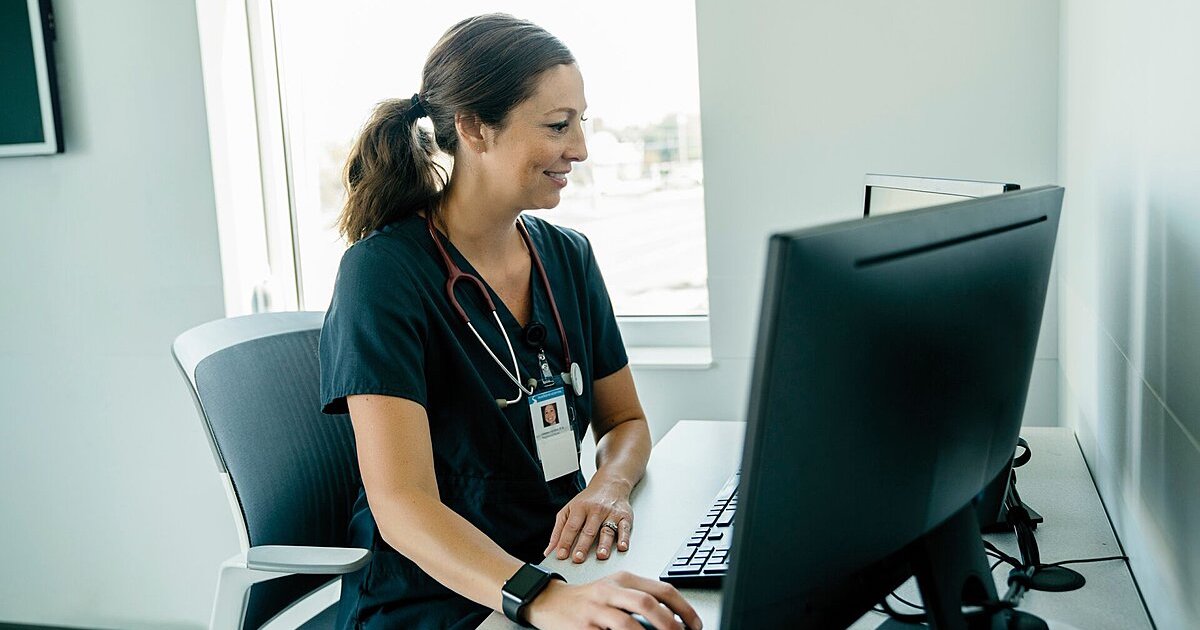
Gold Coast Health, a public health service in Queensland, looks to automate more workflows while it starts exploring the integration of emerging technologies, including AI.
The health service, which runs over 20 health facilities in Queensland's Gold Coast region, currently automates 20 workflows around the clock. Key automations include outpatient referral waitlisting data transfer to the scheduling system, uploading documents into the integrated EMR, near real-time clinical image accessibility to care teams, and secure notifications of patient admission to general practitioners.
HOW IT STARTED
In an interview with Healthcare IT News, a GCH spokesperson mentioned that its automation project began in September 2022 when it partnered with robotic process automation platform provider UiPath.
"Automation is 'connecting the un-connectable' when integration is not an option, which is the case for many legacy-type systems that don't have modern integration capabilities," explained the spokesperson.
The project started by automating small-scale processes involving single systems and around 10 steps. Automation was "strategically targeted" at high-volume, administrative-heavy processes that have a direct influence on patient care and staff productivity.
"As experience grew, the team focused on developing reusable libraries and pioneering more complex automations, including those involving Citrix-based systems using computer vision technology," the spokesperson noted.
"Now, automation processes can include more than 300 steps and span multiple source systems."
GCH shared that automation impacted four key clinical and operational areas: referral management, clinical document uploading, clinical image availability, and patient admission GP notification.
It highlighted that automating the waitlisting process – which handles over 130,000 patient referrals each year – significantly reduced manual handling. It has freed an equivalent of 13,000 work hours annually.
Automating the upload of clinical images, which took up to 19 hours previously, has made them available to patients within 15 minutes. "For example, a nurse conducting a home visit can take an image of a patient’s wound, which is then readily available for a doctor at the hospital to make a treatment decision," the spokesperson explained.
Other critical clinical documents, such as clinic letters, ultrasound reports, patient surveys, and referral information, have also been automatically uploaded to patients' medical records.
Moreover, the sending of notifications on patient admissions to GPs has also been automated, which is said to support care continuity.
WHY IT MATTERS
GCH estimates that the automation programme has presently saved "more than 40,000 hours annually, equivalent to around 20 full-time staff being released back into patient-facing care."
"Automation is not about replacing staff; it’s about returning time to our staff to enable them to focus on providing care to patients," the spokesperson said.
Besides reducing the stress and cognitive workload of staff, automation is also becoming "critical to maintaining continuity" across essential health services.
"For example, during Tropical Cyclone Alfred [early this year], automated systems continued to process referrals without interruption," the spokesperson said.
Automation's true value, the spokesperson emphasised, is "laying the groundwork for ongoing innovation." Besides expanding automation capabilities beyond current workflows, GCH looks to adopt other technologies, including AI, communications mining, and intelligent document processing.
"More than just a time-saving solution, automation establishes a digital environment that enables staff and clinicians to work more efficiently, respond quickly to change, and embrace innovations in a dynamic healthcare landscape."
THE LARGER CONTEXT
Automating workflows is part of GCH's broader digital transformation strategy to improve work efficiencies and patient outcomes.
Last year, to relieve hospital congestion, it introduced an alternative digital front door for chronic disease patients via QR code scan.
"[GCH] is a rapidly growing health service and has an ever-growing demand for delivery of services. The health service culture aims to continuously innovate to meet the expectations of our patients, staff, and the community," the spokesperson said.
